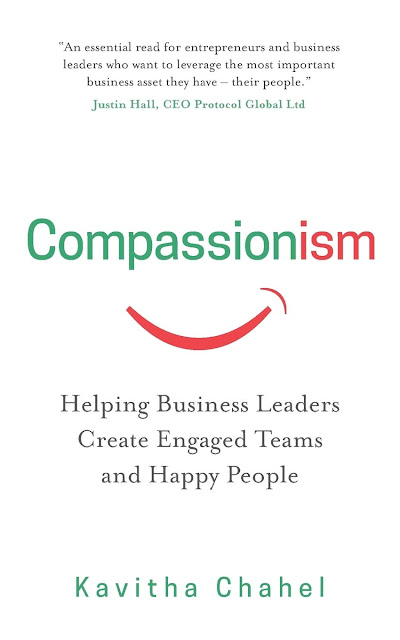Why People Codeswitch

Image source: No Film School Codeswitching describes the act of switching between one language or one language variety and another when communicating with other people in a conversation or written/printed text (McCormick, 2012, pp263-4). Having said that, in our increasingly multiethnic, multicultural world, codeswitching may also involve alternating and switching between different cultures or concepts as people move through day to day encounters. Thus codeswitching can be used in conversation, but not limited to, with others who understand or form a part of the shared culture or geographical region. Codeswitching is a phenomenon which occurs either by deliberately or inadvertently choosing a communication style based on the other people being dealt with; the fundamental word being ‘choosing’. People, whether deliberately or unconsciously, choose to use codeswitching as a tool to their advantage for a great many reasons “...it is a natural and powerful communicative feature...” (Cry







